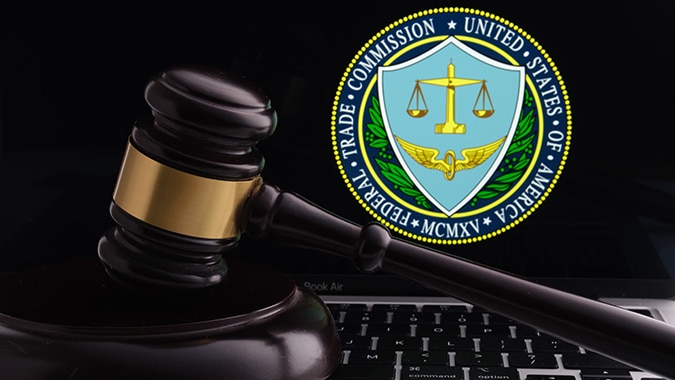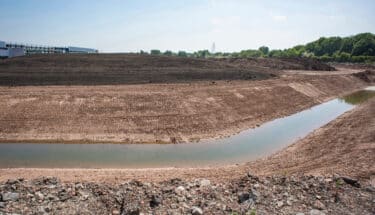State Department of Environmental Protection officials told NJBIA members DEP is meeting the challenges of the COVID-19 pandemic with changes that include extending regulatory review deadlines, waiving or suspending some rules, and using video conferencing instead of in-person stakeholder meetings.
“We’ve rapidly adapted to this and we can say at this point that we are pretty much at full strength, doing everything we need to do to maintain our place as a regulator and an entity that is responsive to the needs of the community,” DEP Chief Regulatory Affairs Advisor Paul Moriarity told 75 NJBIA members during Friday’s virtual Joint Environmental Quality and Energy Policy Committee meeting.
“We recognize that there are limitations faced not only by us, but also by our partners in the regulated community, and that in some places flexibility is needed for these challenging circumstances,” he said.
To that end, DEP has issued a series of rule modifications, including the waiver and suspension of some rules in response to the pandemic, Moriarity said. These include, seven compliance advisories, an administrative order extending regulatory review deadlines and an executive order issued by the governor, which extended statutory timeframes for DEP permitting decisions.
The DEP commissioner’s administrative order extended the deadline for public comment on permit approvals by 60 days to “ensure opportunities for meaningful public engagement while the stay-at-home order is in effect,” Moriarity said.
The governor’s executive order extended the deadline in the so-called 90-day construction law that otherwise would have led to permits still pending during that timeframe to be automatically approved. The extension was needed to avoid the premature denial of permits just because information cannot be quickly provided during the COVID-19 pandemic.
“We’re committed to doing the best job that we can to review those permits and issue decisions within the 90 says to the extent that we can,” Moriarity said. “We’re not using that suspension as a free pass to extend review indefinitely, but we felt like it was a necessary step to avoid unintended consequences.”
The executive order also extended statutory deadlines affecting soil/fill recyclers under the so-called Dirty Dirt law by 60 days, he said.
Four DEP assistant commissioners also provided updates on changes made in their sections to be more responsive during the pandemic. Briefings were provided by Elizabeth Dragon, of Compliance & Enforcement; Michele Putnam, of Water Resource Management; Paul Baldauf, of Air Quality, Energy & Sustainability; and Ginger Kop’Kash of Land Use Management.
Dragon reported that DEP is continuing to conduct both announced and unannounced inspections. Inspectors have been issued appropriate personal protective equipment and are cognizant of social distancing requirements at sites. Businesses should continue making every effort to comply with the conditions of their permits, she said, noting that a series of compliance advisories have been issued to help any businesses having difficulty doing this because of COVID-19.
Putman said DEP has issued guidance for water system operators on acceptable alternative sampling locations. For businesses looking toward reopening buildings, DEP has issued guidance about flushing water systems to address concerns about pathogens and metals that may have leached into the water that has been sitting in pipes for an extended period of time, she said.
DEP is also part of a collaborative effort with other state regulators and academia, who want to explore the use of wastewater sampling to track and monitor COVID-19 illnesses, Putman said.
“Sampling wastewater to understand public health is an emerging concept that’s being considered not only for COVID, but other communicable diseases and public health issues, such as drug addiction,” Putman said.
During the question and answer period that followed, listeners asked about delays in obtaining DEP responses to Open Public Records Act (OPRA) requests during the COVID-19 pandemic when many state employees have to work from home.
The steps that the department has taken toward a more paperless environment have given it the ability to provide more information electronically, but access is limited to archived paper files during the shutdown when most employees are working outside the DEP building, Moriarity said.
“If anyone has an OPRA request that is overdue, that is holding up a project, please reach out to me directly and I will get a status and do whatever we can in order to help you do your job,” Moriarity said.





